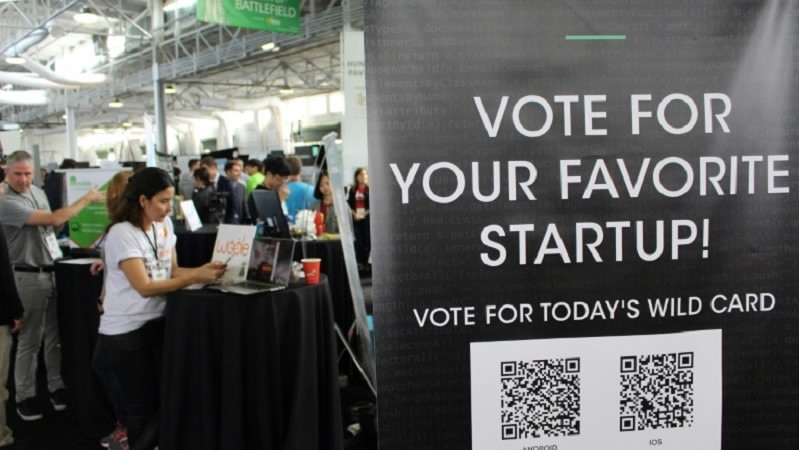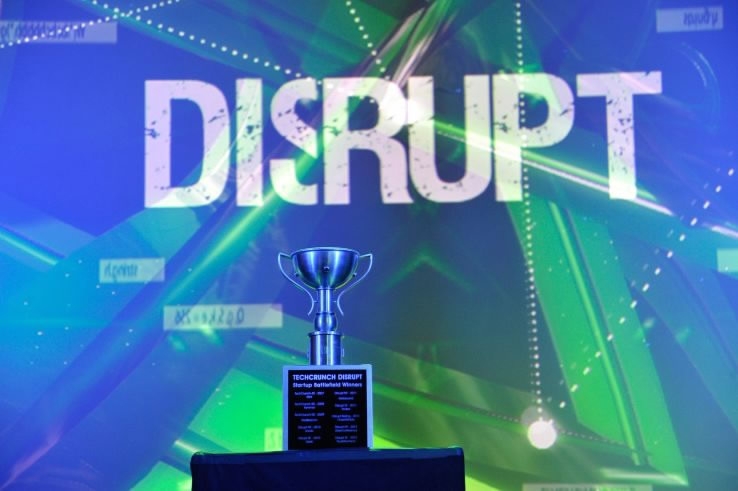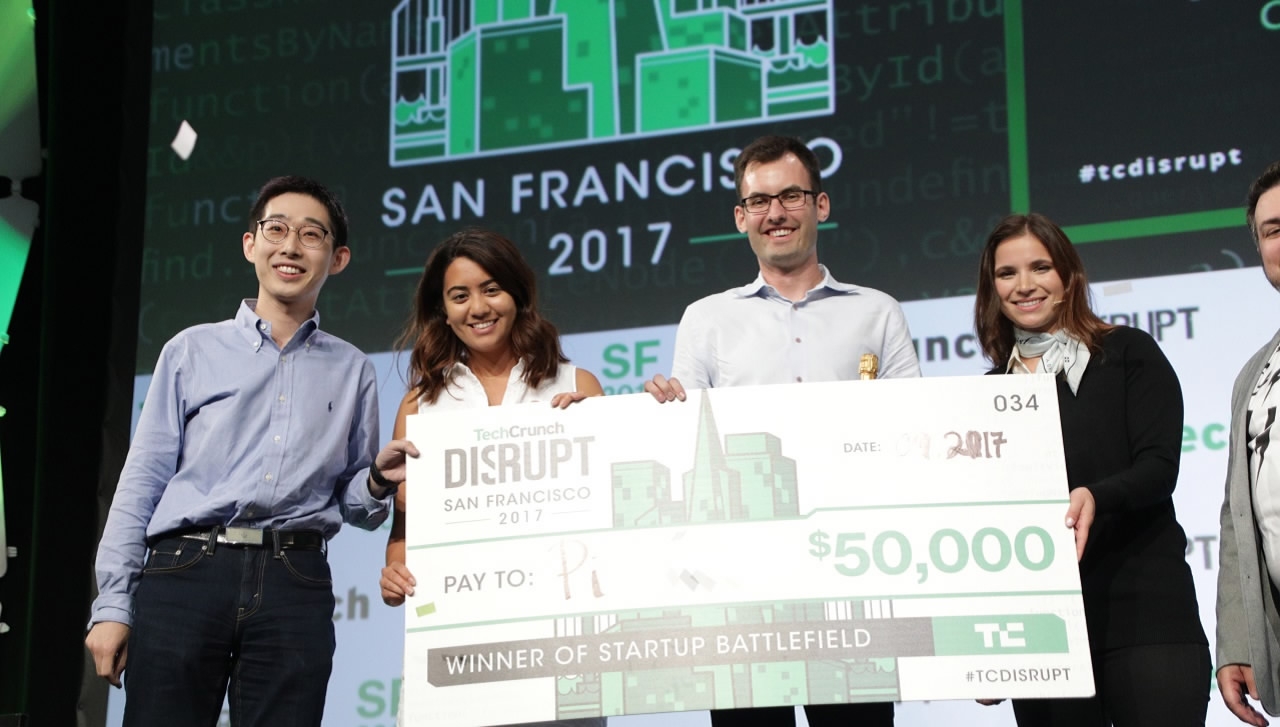
Tech & Sci
20:23, 22-Sep-2017
Tech dreams live or die on startup battlefields

Fearing failure but driven by a chance at Silicon Valley stardom, young entrepreneurs pitch their dreams in mere minutes at startup competitions like TechCrunch Disrupt that ended on Wednesday.
Brian Chae came from Seoul to try his luck at the annual startup scrum, which lets competitors fight for their futures on-stage before venture capitalist judges in a "Startup Battlefield."
The audience is rife with entrepreneurs, journalists and investors. Countless more people watch the stage action streamed online.

View of the Silicon Valley. /VCG Photo
View of the Silicon Valley. /VCG Photo
Nearby in a cavernous warehouse on a pier on the San Francisco Bay, founders of fledgling companies vie for attention at tables packed side-by-side in areas with names such as "Startup Alley."
Chae, like other competitors, has six minutes to convince judges that his technology is revolutionary – and can make money.
His startup, Looxid Labs, has developed software that can figure out a person's emotions from eye movements and brain waves. Put to work in mixed-reality headgear, the technology could give real estate agents or hotel operators insight into how settings make people feel, Chae contends.
Precious moments are spent demonstrating the invention, and then judges get their turn to pelt him with questions.
They want to know how much he plans to charge for headgear, and what his business model is.
Chae told AFP that he had practiced his tight pitch "at least a hundred times. But the atmosphere on the stage itself was enough to be overwhelmed."
The ‘elevator pitch’

According to TechCrunch, 648 companies have competed in the annual startup battle during the past decade. /Photo via TechCrunch
According to TechCrunch, 648 companies have competed in the annual startup battle during the past decade. /Photo via TechCrunch
About 20 startups vied in the TechCrunch Disrupt battle of the startups, a highlight of the three-day event.
The prize was 50,000 US dollars and a spotlight that could mean publicity and investor cash.
Young startups often finance themselves or turn to friends or family for funding, but even great ideas need bigger capital infusions on the quest to "scale" up ranks of users.
The ritual of quickly courting potential backers is often a kind of speed-dating exercise referred to as the "elevator pitch."
The idea is to pack an idea powerfully into the amount of time an entrepreneur might have if they were in an elevator with a venture capitalist.
"There's a reason why they call it an elevator speech," said Brian Broome, head of the economic council in the Sacramento region, where the California state capitol is located.
"I should be able to present the case for my company in less than two minutes."
The council works with startups on effective pitches.
According to TechCrunch, 648 companies have competed in the annual startup battle during the past decade, and collectively raised nearly seven billion US dollars.
Since winning at Disrupt five years ago, cloud data storage startup DropBox has grown to 500 million users and nearly one billion US dollars in annual revenue.
"(Battlefield) is really a big deal for us," said Claire Tomkins, co-founder of Future Family, a startup devoted to an affordable approach to helping infertile couples have children.
‘All of nothing’

Pi, winner of the TechCrunch Battlefield competition this year. /Photo via TechCrunch
Pi, winner of the TechCrunch Battlefield competition this year. /Photo via TechCrunch
"I was very nervous before going on stage," said Pi co-founder John MacDonald, whose startup touted the world's first wireless, contactless charger for smartphones or other mobile gadgets.
Late Wednesday, TechCrunch proclaimed Pi winner of the Battlefield competition this year.
"It really helps with funding," MacDonald said. "We'll use the event as momentum."
Pi is based in the Silicon Valley. The co-founders told AFP that they had already raised 3.5 million US dollars in a seed funding round led by SoftTech VC managing partner Jean-Francois Clavier.
But, of the thousands of startups vying for glory, few keep their dreams going for more than a few years, or perhaps even months.
"It's an all-or-nothing environment," Rik Reppe of PwC told AFP.
"You need to love play and discovery like a child" but also have "a grown up persistence and courage," he added.
9516km
Source(s): AFP

SITEMAP
Copyright © 2018 CGTN. Beijing ICP prepared NO.16065310-3
Copyright © 2018 CGTN. Beijing ICP prepared NO.16065310-3